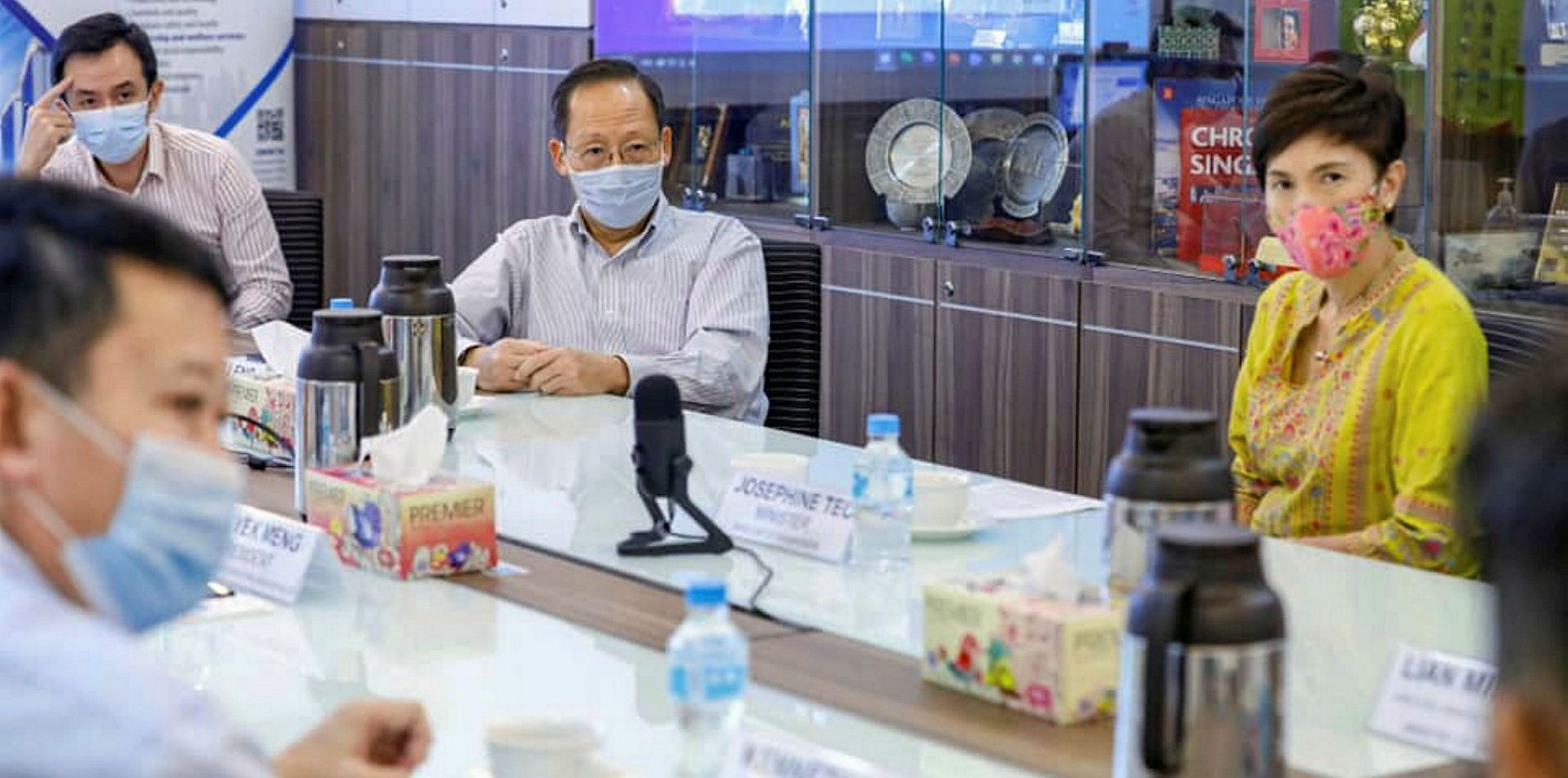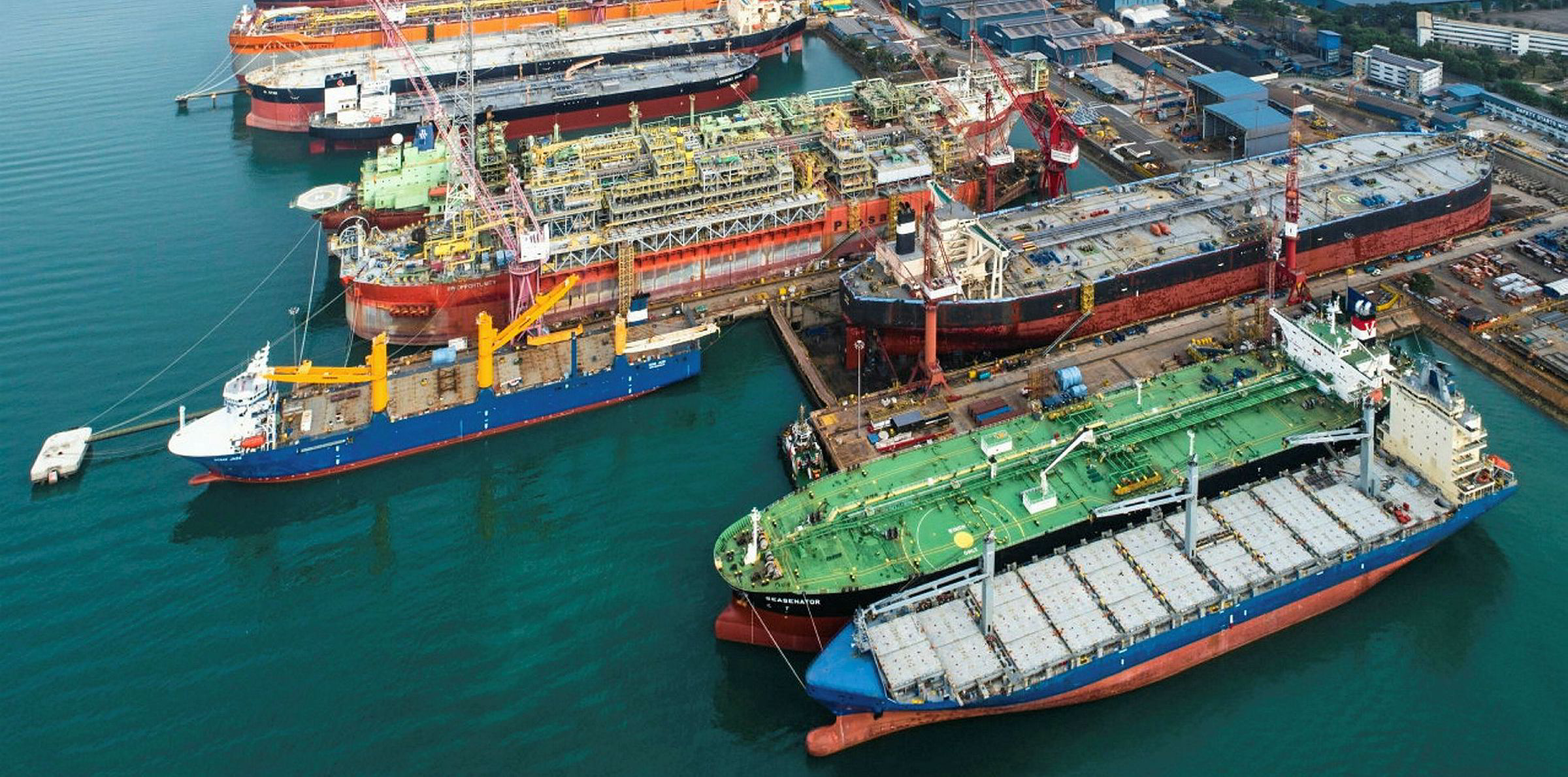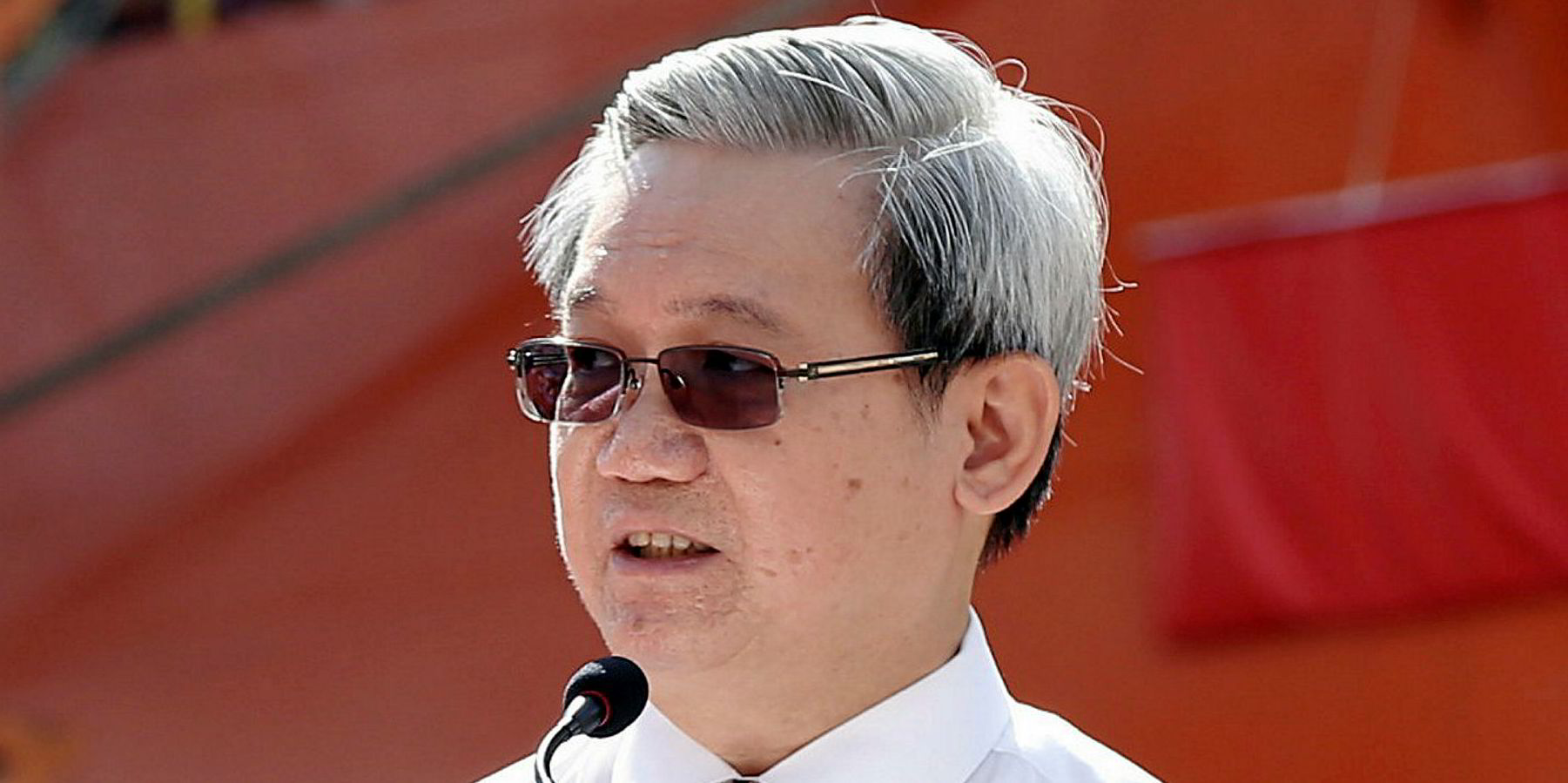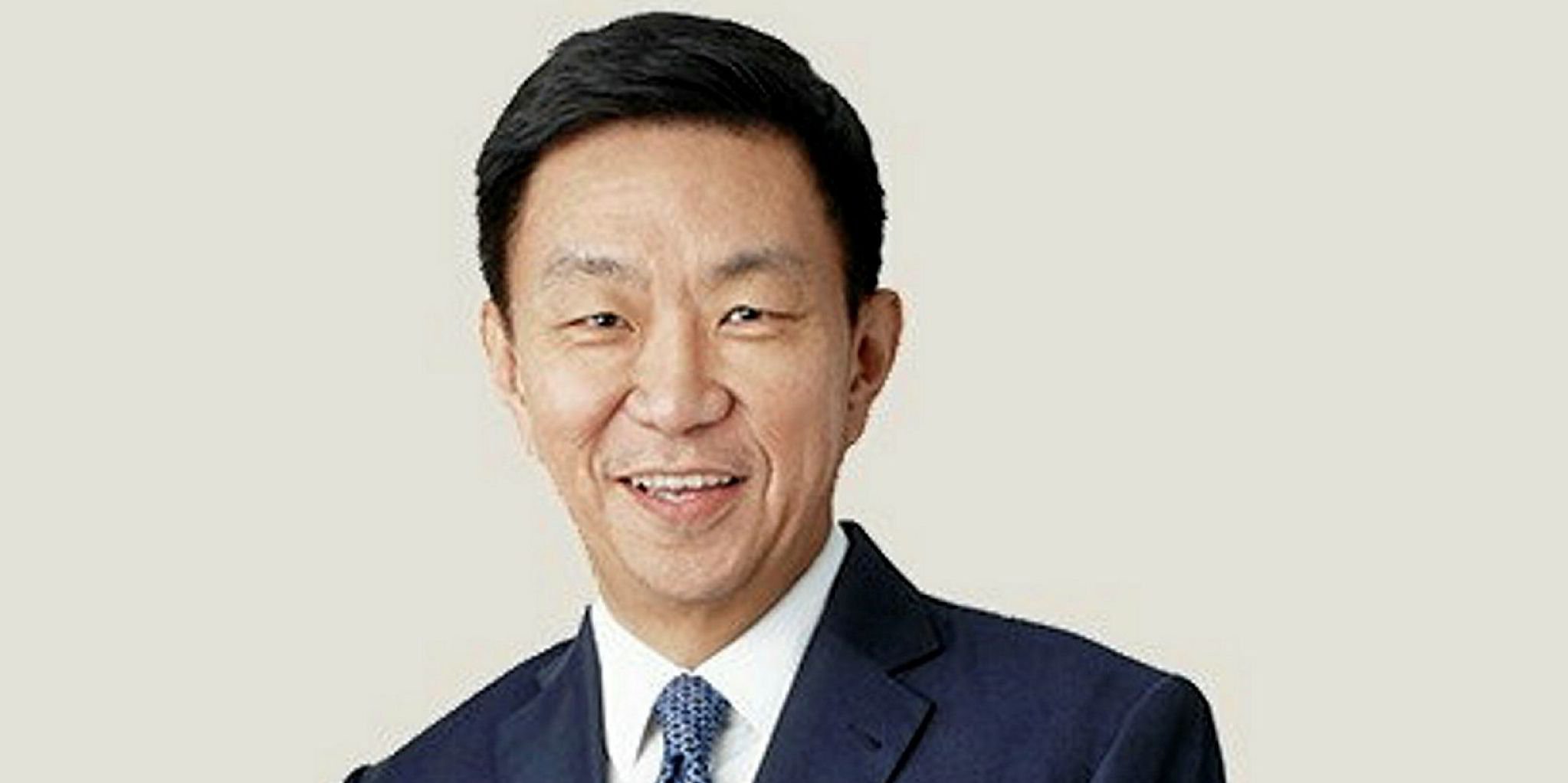Singapore's shipyards are set for further government support as part of a larger package designed to help labour-intensive industries defray labour costs.
The city state will waive more months of the foreign worker levy and give more rebates on the tax as part of an SGD 320m ($233m) package that will also be shared with the construction and process sectors.
The levy is a mechanism designed to regulate the number of foreign workers in Singapore.
The Ministry of Manpower (MOM) said it had received feedback from a number of trade bodies, including the Association of Singapore Marine Industries (ASMI), that companies “continue to face financial difficulties” as they are unable to resume work due to Covid-19 measures.
“This situation is likely to persist until the foreign worker dormitories are fully cleared in August 2020 and their workers are progressively allowed to resume work thereafter,” the MOM said.
As a result of Covid-19 and measures to contain its spread, Keppel Offshore & Marine’s workforce was reduced to about 1,200 people for most of the second quarter of 2020, from about 24,000 in March 2020. The workforce has since risen to about 5,000.

Meanwhile Sembcorp Marine has also seen substantial reductions in its yard workforce since April 2020, when the Singapore government imposed its Covid-19 “circuit breaker” measured aimed at preventing migrant workers from leaving their dormitories for work.
“These have been very challenging times for the construction, marine shipyard and process sectors,” Manpower minister Josephine Teo said in a Facebook post.
“With many of their foreign workers unable to be deployed while the dormitories clearance process is ongoing, firms have been facing financial difficulties. Cash flow is a major concern, especially since payment is tied to completion milestones and firms still have high overheads.”
Teo, who met with key representatives from various trade associations over the weekend, said the situation on the ground has been “changing rapidly” and firms have had to “adjust to the many different urgent advisories” issued by MOM and the rest of the government.
“The associations and employers have provided numerous feedback to us, and we certainly recognise the challenges that they face,” she said.
Teo added that while the foreign worker dormitories will be fully cleared in August 2020, and workers are already progressively allowed to resume work, it will take “some time for the situation to fully stabilise”.
“Much as we want to speed things up, we have to be sure we do a thorough job, so that the sector is not affected by another outbreak,” she said.






